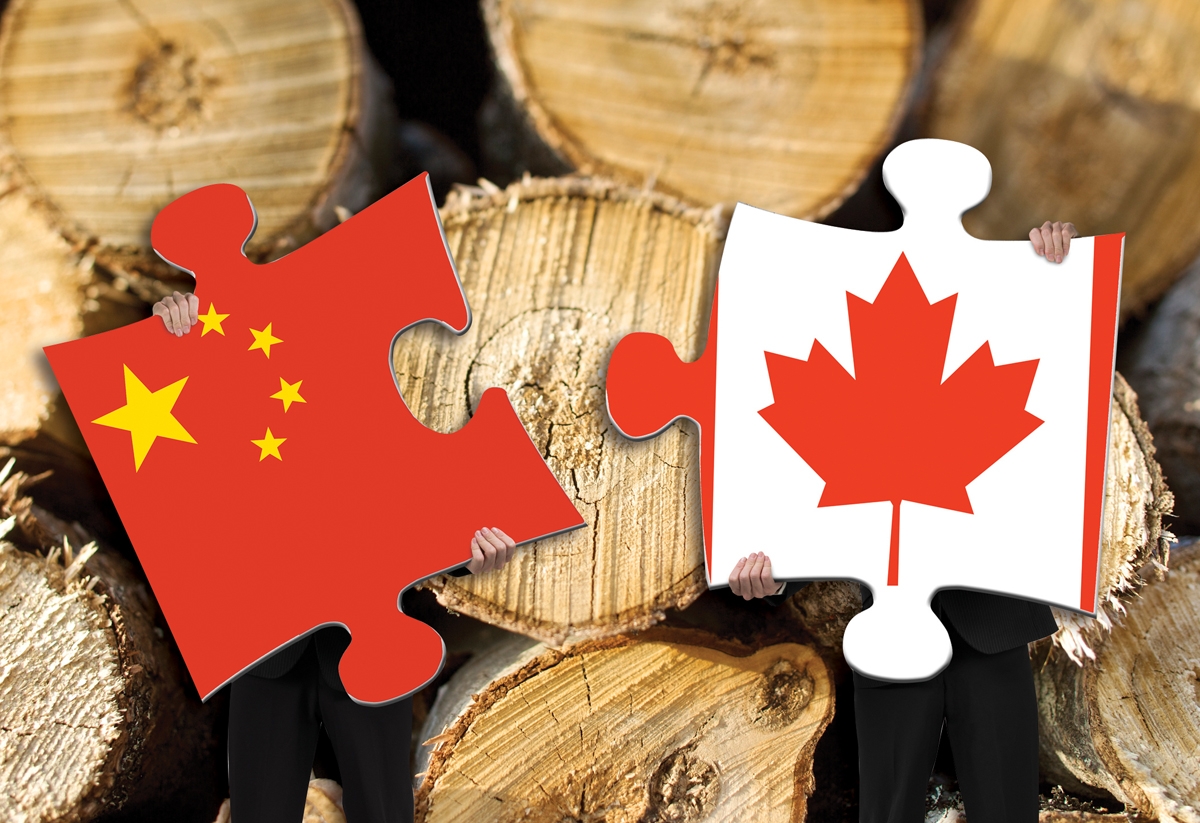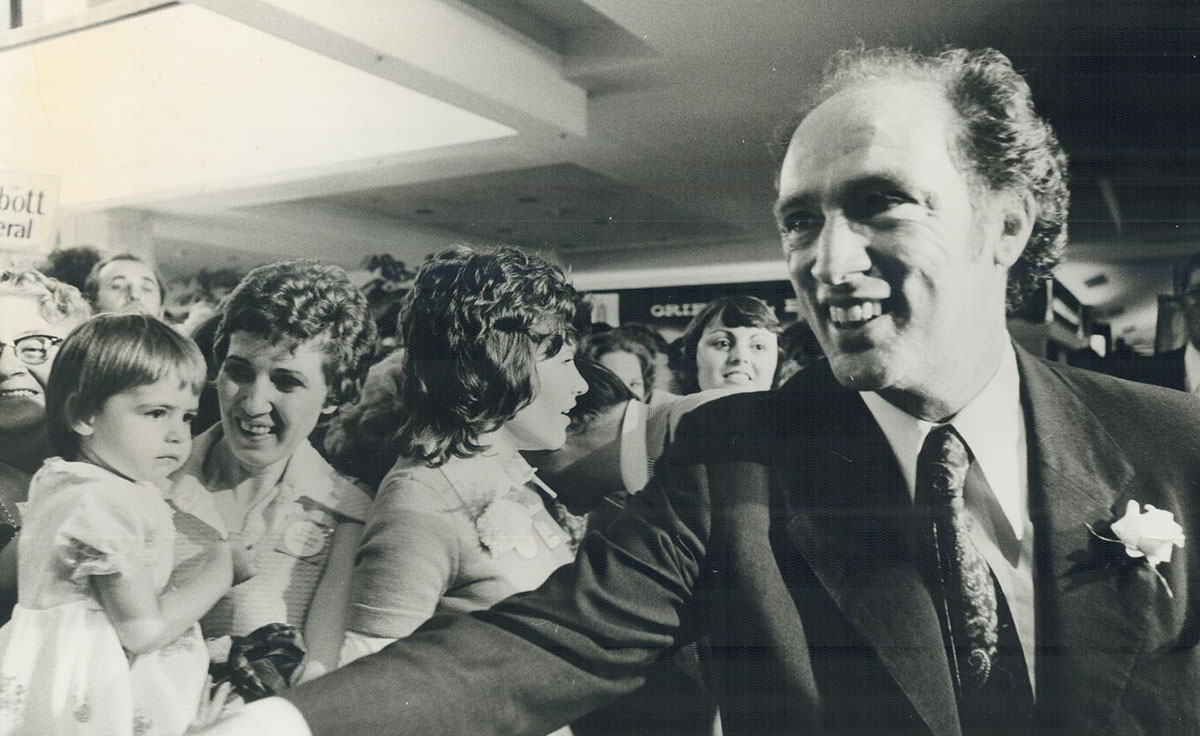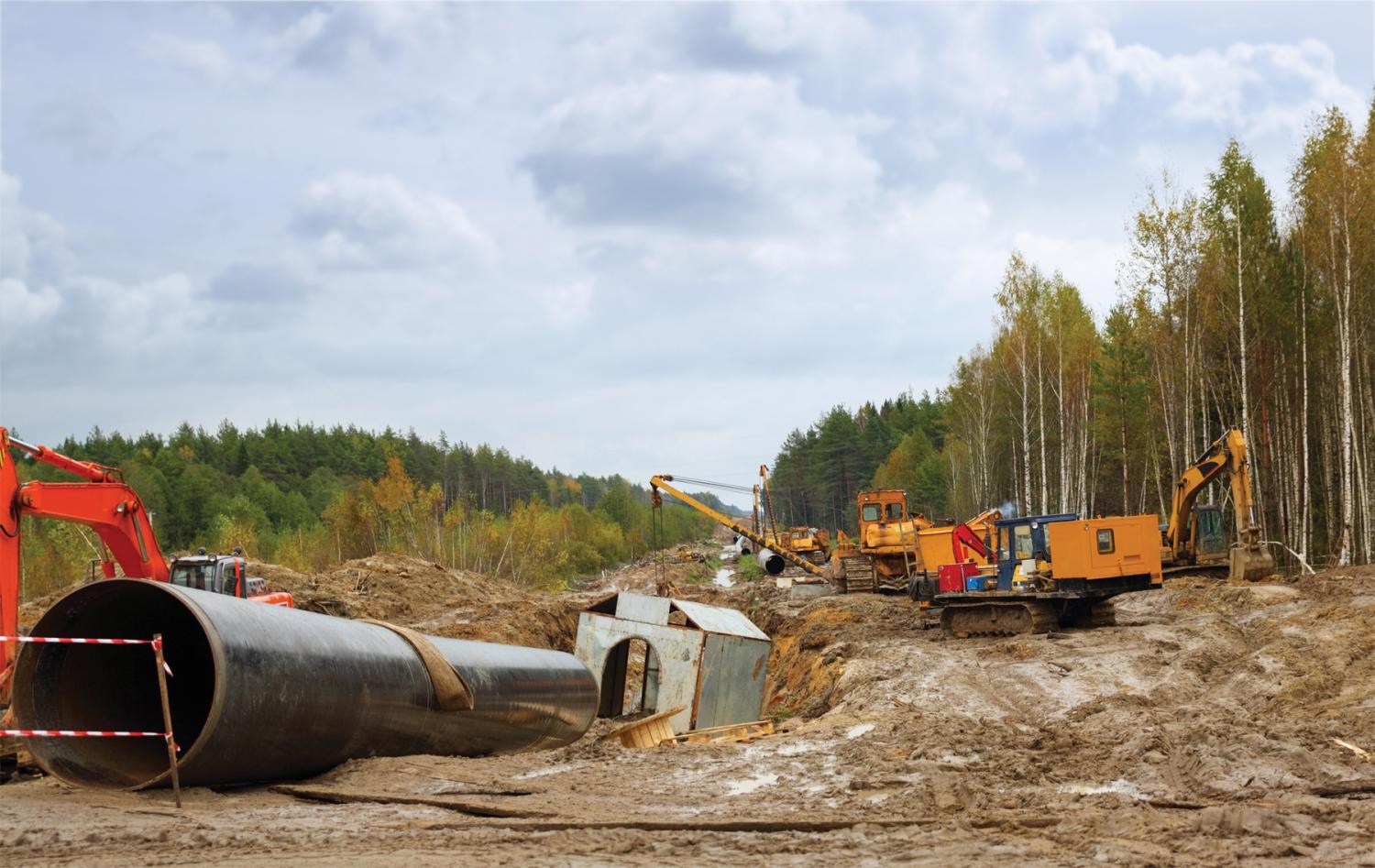
Canada and China – How to get to the morning after – Six Hard Steps
As a part time resident in Beijing and a Canadian business person who has studied and worked in China since 1982 the key message that all Canadians and Chinese that work together have are both governments and both countries opinion writers stop, breathe and ideally look at the bigger picture. If this does not happen soon globally then we will all be guilty of fighting over ownership of the deck chairs on the Titanic.
Prior to the detainment of the CFO of Huawei Meng for potential extradition to the United States and the reaction in Beijing that led to the detention of two Canadians that are according to the Chinese Ambassador to Canada Lu Shaye as intimated in Canada’s in his own writing are linked to the Huawei the two countries bi-lateral interaction were at an historical high.
This mutually successful relationship included people to people exchanges in education, tourism, business and civil society. Trade in goods in services would have based on last year’s trend exceeded $ 90 billion dollars with China enjoying a $ 40 billion dollar surplus in its favor.
If history still matters to Chinese diplomats as foundation of its response then note that Canada has been since 1949 proactive and friendly with China. This includes early recognition, a large development assistance budget from 1970 to 2013 and very little national push back on the large trade deficit it has with China.
Ideally diplomatic discourse can be taken indoors and both parties can improve the quality of the discourse by reflecting on the more important issues impacting the globe. These are climate change, global debt and the potential negatives of technology to humanity that are outlined in 21 Lessons for the 21st Century by Yuval Noah Harari.
Susan Sontag noted in here acceptance speech for the Peace Prize of the German Book Trade that “An American ambassador has the duty to represent his country, all of it.” What we are currently facing is a situation where the Chinese Ambassador is acting as if he was the Ambassador for CFO Meng only. This is potentially at the expense of a larger relationship and all the Chinese citizen’s that engage and prosper from working with Canada.
What is needed now is for this destructive erosion of the overall benefits of the bi-lateral relationship to stop. For this to transpire six steps must be taken.
The first is that both Canada and China should publically confirm the importance of and respect the importance of extradition to their respective justice systems and a global commitment to justice. The United Nations is committed to in principle extradition and Canada as well as China have benefitted from extradition treaties and also extradition on a case by case basis. China despite the delays from its perspective successfully extradited Lai Chengxin back to China for example.
The second step it that the case of the Eastern District versus the CFO of Huawei Meng Wanzhou and the extradition hearing taking place in Canada in response to an extradition hearing must be entrusted to the lawyers for all the parties involved. Law is a complex matter simply best left to lawyers and judges. Huawei and Ms. Meng might even, if they have not done so already, explore whether a settlement is possible on acceptable terms or not. This maybe more difficult given the formal charges having been laid out in the United States this week.
The third step is that Canada must convince the Chinese government and Ms. Meng of the independence and fairness of its justice system.
China’s Foreign Affairs Ministry has requested Canadians think of CFO Meng Wanzhou. She should take comfort in the Charter of Rights and Freedoms: “Every individual is equal before and under the law and has the right to the equal protection and equal benefit of the law without discrimination and, in particular, without discrimination based on race, national or ethnic origin, colour, religion, sex, age or mental or physical disability.” This also should be Canada’s domestic argument in response to the false charges of “white supremacy” made.
If Ms. Meng and Ambassador Lu Shaye on her part are worried, despite the confusion about this in the global media, about the independence of the Canadian court system there is one important legal case that should give her comfort that demonstrates the independence of the court system in Canada. The biggest domestic political issue for the Trudeau government is that the Federal Court of Appeal has blocked the Trans Mountain pipeline. This is now in Chinese terminology a State Owned Enterprise. If there is one court decision that the Liberal Government would seek to reverse if it could it would likely be this one.
Fourthly, China in should release Michael Kovrig and Michael Spavor and overturn the capital punishment sentence against Robert Schellenberg.
Fifthly, China’s State Council should co-ordinate with Ministry of State Security with input from Ministry of Commerce and Ministry of Foreign Affairs and issue a statement to provide comfort to Canadian’s engaged with China. Given that Zhou Qiang the head of the Supreme People’s Court has in state media repeatedly rejected the western model of an independent court system it is important that the government establish clear lines of conduct for Canadians within China.
Finally, both countries despite the high level of tension should reactivate a task force led by lawyers from the Ministry of Justice in Beijing and the Department of Justice in Ottawa to improve the protections both countries citizens require to live, study, work and travel to the other country. This will require time, patience and protracted negotiation that might extend a few years. Ideally a new protocol for China and Canada will be put in place prior to the 2022 Winter Olympics in Beijing. A key discussion item should be the removal of capital punishment for non-Chinese citizens immediately and a timetable to eliminate this for Chinese citizens.
To lay the foundation for brighter clouds if and then these six steps can be completed China should promote further and expand its existing scholarships to study law in China for Canadians. Canada should offer additional training to judges from China and within Canada fund greater levels of knowledge of China’s legal system in its own law schools.
There is an over-used Chinese expression-Seek truth from the facts. Both parties should attempt now by resorting to private diplomacy to seek a solution driven by the facts. If not citizens of China and Canada are at risk of this being a cancer in a healthy relationship. All countries globally are now facing major environmental deficits and global financial debt that are better solved working together.
However, if dated zero sum game definition of national interest is still the key driving factor this crisis will continue undermining our ability to work together to develop better lives for both countries citizens.
If both countries are fortunate Vice Premier Wang Qishan will lead an accurate cost accounting of this debacle from the perspective of both countries potential benefits and also from the perspective of what is called the middle class or the “ People” in China . Alternatively if some form of restoration of constructive engagement does begin soon because this a deliberate foreign policy choice then unfortunately for the Chinese and Canadians that work together on a spectrum of topics this is just the tip of a long slippery winter.
About the author
John Gruetzner has been engaged with China since 1982 and worked there is a number of capacities. He is also Head of the Fund Raising Committee for the China Policy Centre being formed in Ottawa. These are his personal views.













